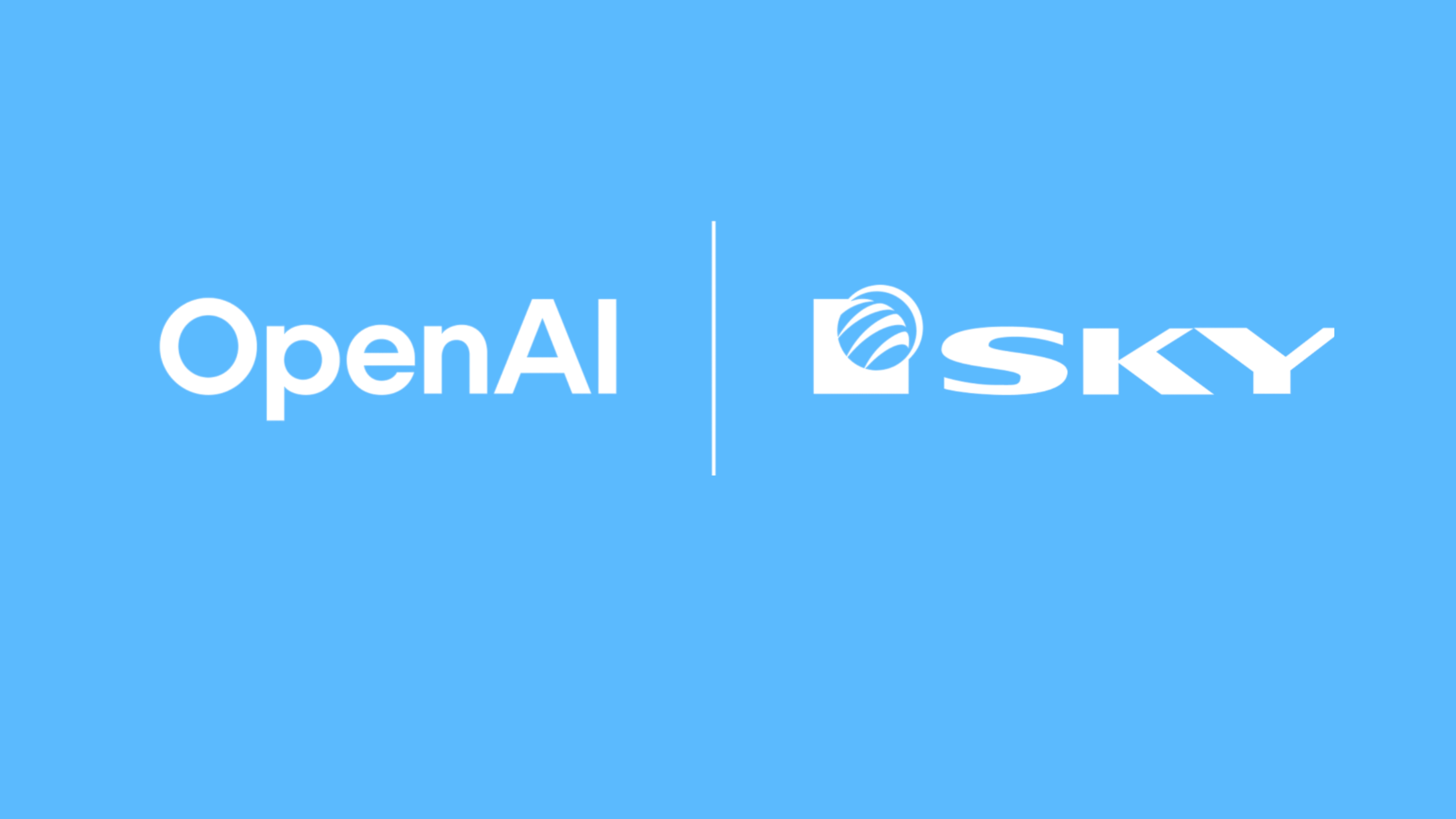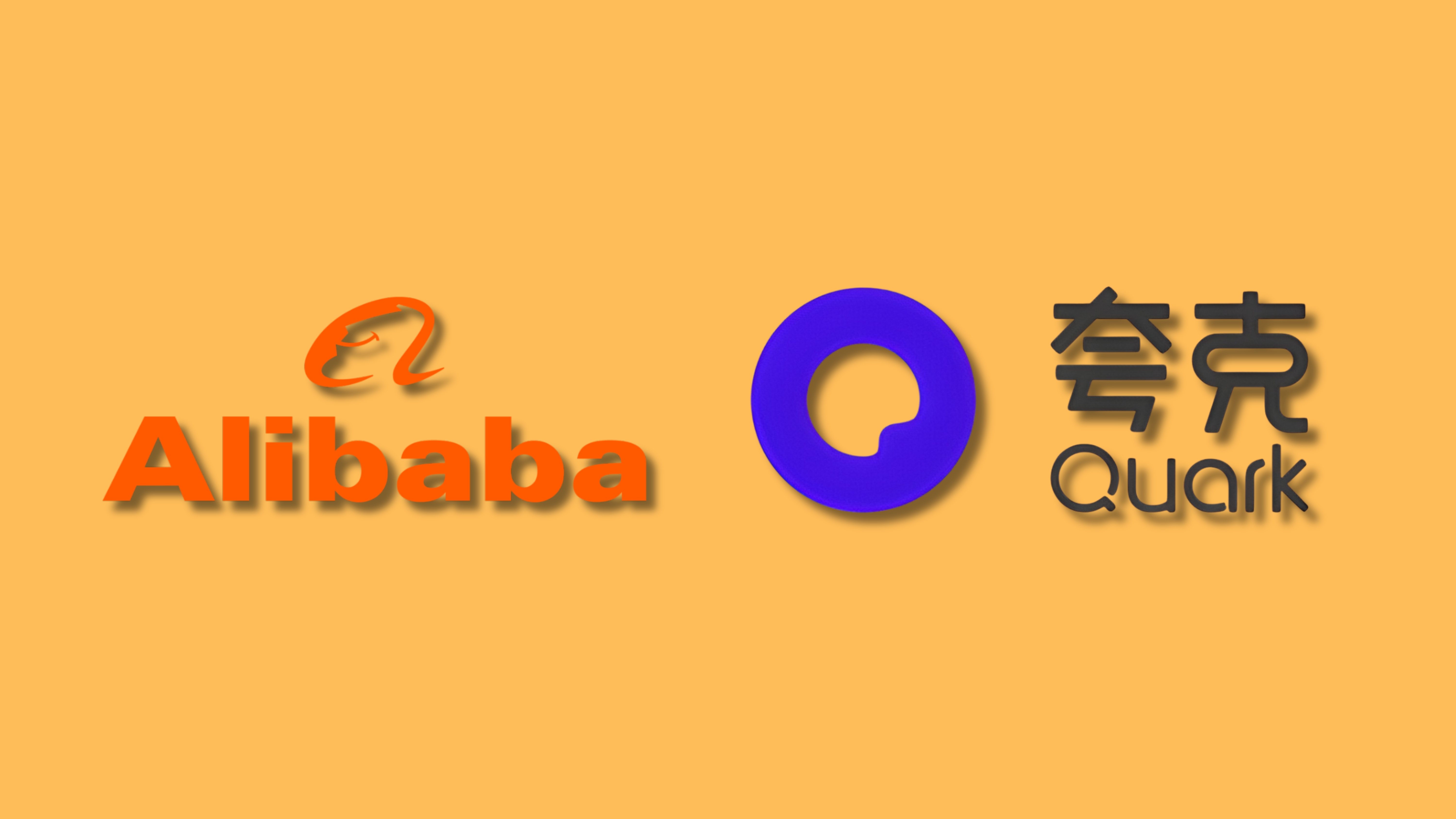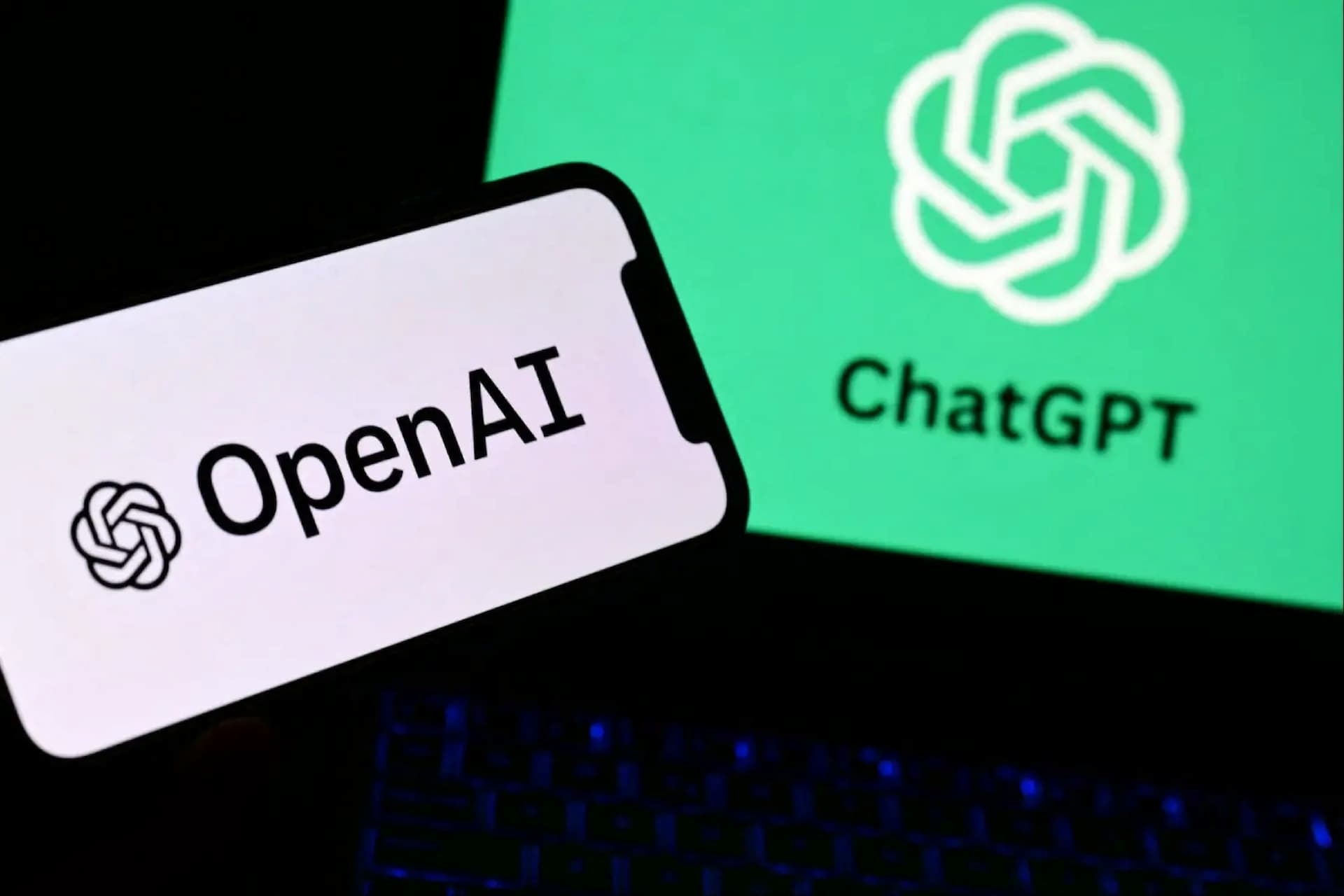OpenAI acquired Software Applications Incorporated, the maker of Sky, to accelerate the development of interfaces that understand context, adapt to intent, and act across apps. Sky’s macOS layer sees what’s on screen and executes tasks. Its team joins OpenAI to bake these capabilities into ChatGPT.
Sky turns the Mac into a cooperative workspace for writing, planning, coding, and daily tasks. It can control native apps, invoke workflows, and ground actions in on-screen context. That tight integration now becomes a core pillar of ChatGPT’s product roadmap.
OpenAI says the goal is capability plus usability: not just answers, but actions completed in your tools. VP Nick Turley framed it as moving from prompts to productivity. Expect ChatGPT features that feel ambient, proactive, and native on desktop.
Sky’s founders say large language models finally enable intuitive, customizable computing. CEO Ari Weinstein described Sky as a layer that ‘floats’ over your desktop, helping you think and create. OpenAI plans to bring that experience to hundreds of millions of users.
A disclosure notes that a fund associated with Sam Altman held a passive stake in Software Applications Incorporated. Nick Turley and Fidji Simo led the deal. OpenAI’s independent Transaction and Audit Committees reviewed and approved the acquisition.
Would you like to learn more about AI, tech and digital diplomacy? If so, ask our Diplo chatbot!










